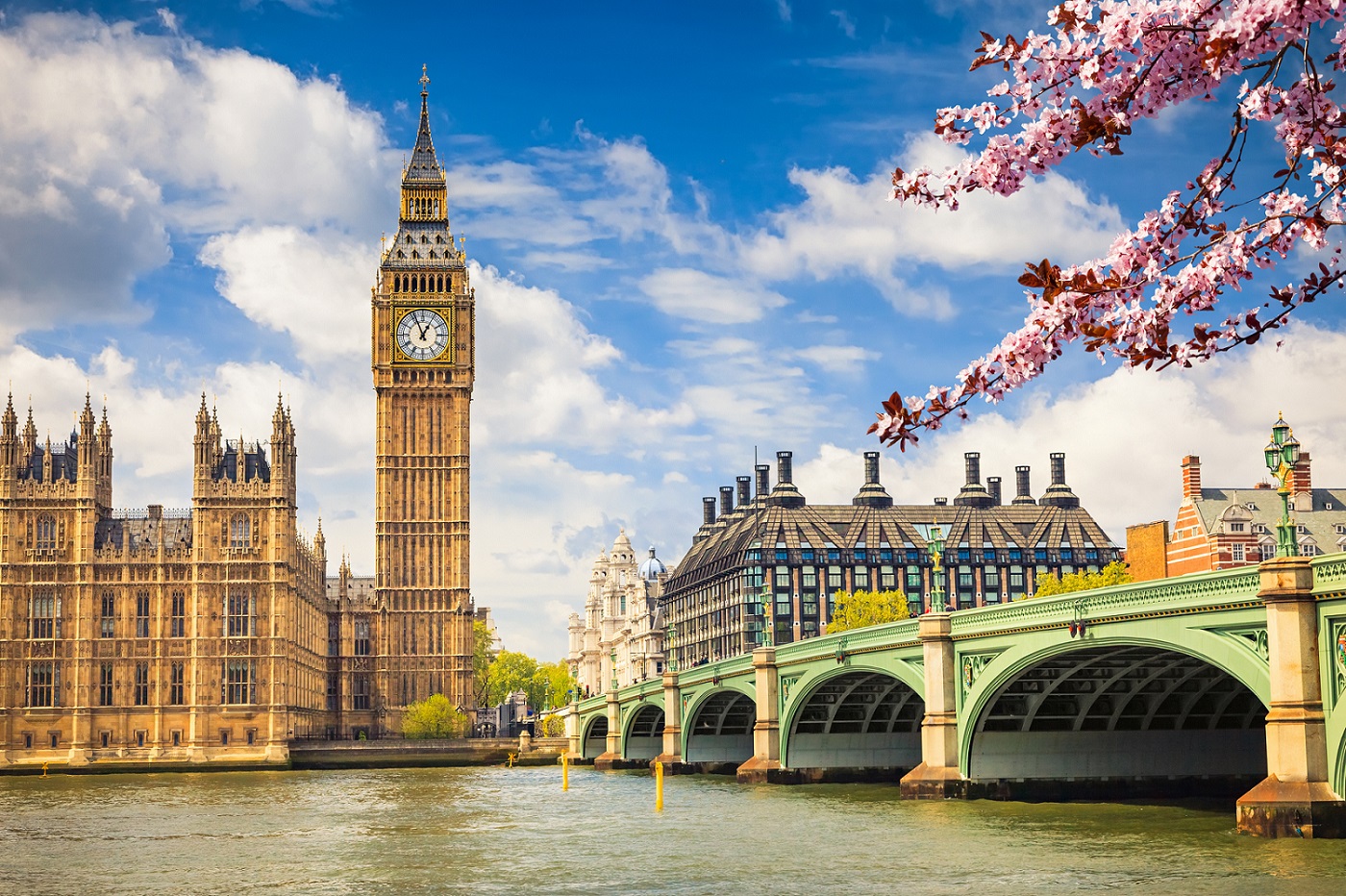Ahead of Rishi Sunak’s Spring Statement, what can be done to help households and businesses?

Alan Hamilton
Corporate Finance Partner
This article first appeared in The Herald on 22 March 2022.
When Rishi Sunak steps up to deliver his Spring Statement this Wednesday, many households and businesses across Scotland will be listening intently amid the current cost-of-living crisis.
Ex-Prime Minister Gordon Brown this month warned that millions could be plunged into fuel poverty as the UK faces the worst crisis of its kind “for half a century” and he urged Mr Sunak to use his statement to ease the situation. Businesses, which are only just beginning to get back on their feet after the pandemic, are also facing a huge rise in bills that will undoubtedly have a significant impact on their fragile recovery.
Regardless of your political stripes, it’s hard not to feel a degree of sympathy for the Chancellor given the unprecedented times we have lived through during his tenure. He first faced the daunting task of juggling huge levels of public spending along with a massive drop in the tax base because of the pandemic. And now he must attempt to balance the books during a cost-of-living crisis, while the potentially enormous economic implications of the war in Ukraine are still unclear.
What can we expect on Wednesday? Well, the House of Commons is likely to hear much about the challenges these two huge issues are creating for our economy, and how they have affected the UK growth and inflation forecasts.

One of the biggest questions will be what, if anything, Mr Sunak will do to help households and businesses facing these rising costs.
Last month he announced a £350 help package to take the “sting” out of the rising bills for customers. There has been speculation that he might go further and announce more support for struggling families when he told the Conservatives’ spring forum in Blackpool on Friday that he had “enormous sympathy” for those affected, adding that “where we can make a difference…I’m always going to do that”. Whether he judges that any such measures are affordable, so soon after the UK Government spent many billions of pounds on Covid support, remains to be seen.
Nevertheless, a business-friendly statement would, in general, be very welcome following the rise in costs across a number of areas, including energy, raw materials, and logistics, not to mention the likely impact that reduced consumer spending will have on many firms as members of the public tighten their belts.
An option for the Treasury could be to consider taking a similar approach to earlier in the pandemic, by offering support such as implementing capital holiday periods on those businesses which took out the Coronavirus Business Interruption Loan Scheme (CBILS), or make government-backed recovery loans available again, and reintroduce business rates relief. Companies need a degree of flexibility and support, and the Treasury will likely be cautious as the full fallout from the pandemic has not yet been seen for many firms.
The challenge for Mr Sunak will be in in considering what is affordable, given higher interest rates will also lead to higher Government spending borrowing costs
A number of business leaders, including most recently Scots entrepreneurs Sir Tom Hunter and Lord Willie Haughey, have called for a delay or halt to the planned 1.25 per cent national insurance increase. It is difficult to envisage those increases being cancelled completely. However, the Treasury may look to change how it is implemented, for example only targeting the increase initially on employers and higher rate taxpayers.
There has also been some speculation about whether Mr Sunak will introduce a windfall tax on North Sea oil and gas companies. The UK government doesn’t appear to have much support for this view currently and has previously argued this would negatively impact investment in that sector when it wants to encourage domestic energy production – especially amid the Ukraine crisis. But the fact such a tax would likely be popular with the electorate - given the significant increases in energy costs - means that such a move shouldn’t be discounted completely.
The Chancellor is also coming under a lot of pressure from within his own party on the rising cost of fuel for motorists, with more than 50 Conservative MPs signing a letter demanding a fuel duty cut. Although Mr Sunak has been warned not to trail too much of the Spring statement, he made positive noises about this over the weekend and may implement initiatives that soften the impact by continuing the freeze of fuel duty, or temporarily removing VAT charged on fuel.
After the pandemic triggered borrowing at levels not seen since the Second World War, it is generally agreed that taxes will need to rise at some point to cover all this borrowing, but we will need to wait and see who bears the brunt of it and whether the Chancellor will delay some of the more significant tax rises.
He has already warned the Government cannot “solve every problem” and I’m sure he appreciates that his announcements will never be popular with everyone. Only he knows how far he will go when he stands at the despatch box on Wednesday.
Visit our Budget hub to read further insight from our team of sharp minds.
